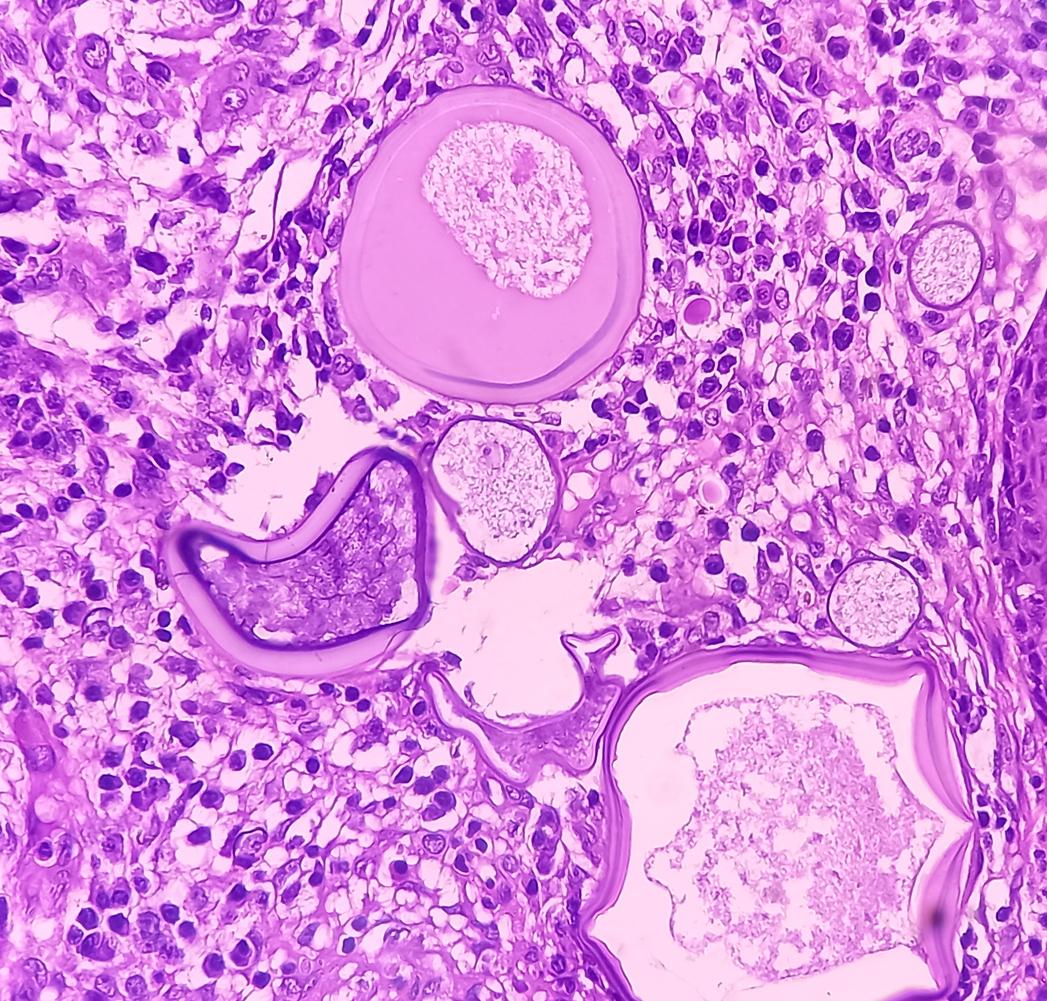For the first time, scientists have discovered a previously unidentified bacteria called variovorax durovenensis that was the cause of a patient’s infection.

- Scientists have discovered a new species of the bacteria, called “variovorax durovernensis”, which has never been identified before.
- It was the cause of the infection of a 55-year-old patient.
- He was allegedly contaminated “during lambing season or while giving anti-parasitic medication to sheep without gloves.”
“Variovorax durovenensis” is the name of the new bacteria that researchers detected thanks to the case of a 55-year-old patient. The latter was hospitalized at Saint Thomas hospitalin England, due to an infection linked to heart problems.
New species of bacteria identified in patient’s aorta
Thanks to a blood test, doctors discovered that two bacteria were at the origin of his health problem: nocardia nova and a new species of variovorax. The latter was in the aorta of the patient, the largest artery in the body which receives oxygen-rich blood from the left ventricle of the heart and distributes it throughout the body.
To learn more about this new species of variovorax, scientists had to study it in the laboratory. The case of this patient and this discovery were the subject of a publication in the journal Clinical Infection in Practice. According to scientists, this new species of bacteria is the cause of the patient’s infection.
The researchers informed the patient of their discovery and let him choose the name of this new species of bacteria. He chose “durovernensis”, the Latin name of Canterbury, the English city where he is from. Thus, the new species of bacteria is called “variovorax durovenensis”.
The patient was infected with the bacteria during his work
The patient is a shepherd. Thus, an investigation highlights a hypothesis of contamination by this new species of bacteria. “The patient was infected during the lambing season or while giving antiparasitic medication to the sheep (…) without gloves”explains Lara Payne, author of the study, in a communicated.
The discovery of new bacteria is important because it makes it possible to identify infections more quickly and thus provide patients with more targeted treatments. “Once we know the cause of the infection, we can modify antibiotics accordingly, meaning patients benefit from personalized, targeted treatment“, concludes Adela Alcolea-Medina, author of the study.

















